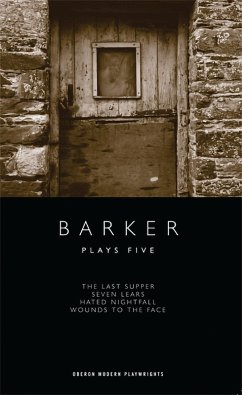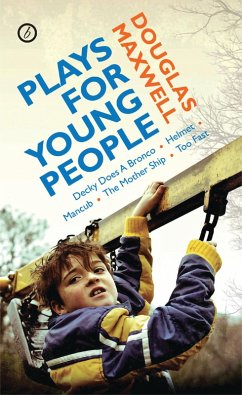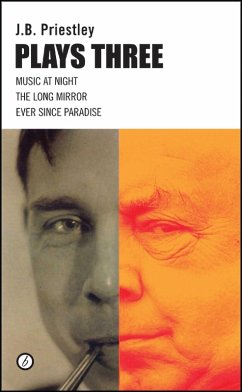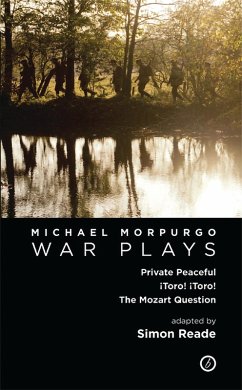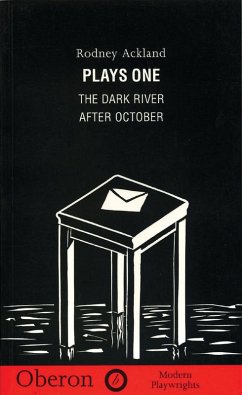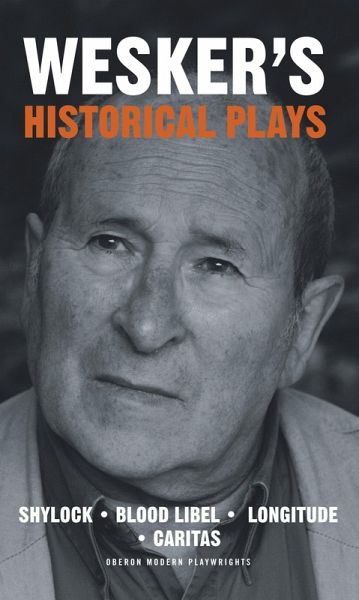
Wesker's Historical Plays (eBook, ePUB)

PAYBACK Punkte
8 °P sammeln!
Presented here are four epic history plays from Sir Arnold Wesker, which touch on the age-old conflicts caused by religion, science and the Establishment. Set in the Jewish ghetto of Venice, 1563, Shylock (1972) is based on the same three stories from which Shakespeare wove his play, The Merchant of Venice. The core plot remains, but the relationships and characterisations are very different. Caritas (1980) is at once the story of a monastic young woman in the fourteenth century but also a metaphor for the wrong decisions which can imprison us for life. In 1144 a young boy was found brutally m...
Presented here are four epic history plays from Sir Arnold Wesker, which touch on the age-old conflicts caused by religion, science and the Establishment. Set in the Jewish ghetto of Venice, 1563, Shylock (1972) is based on the same three stories from which Shakespeare wove his play, The Merchant of Venice. The core plot remains, but the relationships and characterisations are very different. Caritas (1980) is at once the story of a monastic young woman in the fourteenth century but also a metaphor for the wrong decisions which can imprison us for life. In 1144 a young boy was found brutally murdered in Thorpe Wood. The Jews were accused of slaughtering a Christian child touse his blood for Passover and mock the crucifixion. Blood Libel (1991) investigates a calumny which persists to this day. Meanwhile Longitude (2002) tells of the eighteenth-century race to accurately measure longitude - and claim a £20,000 reward from Parliament.







